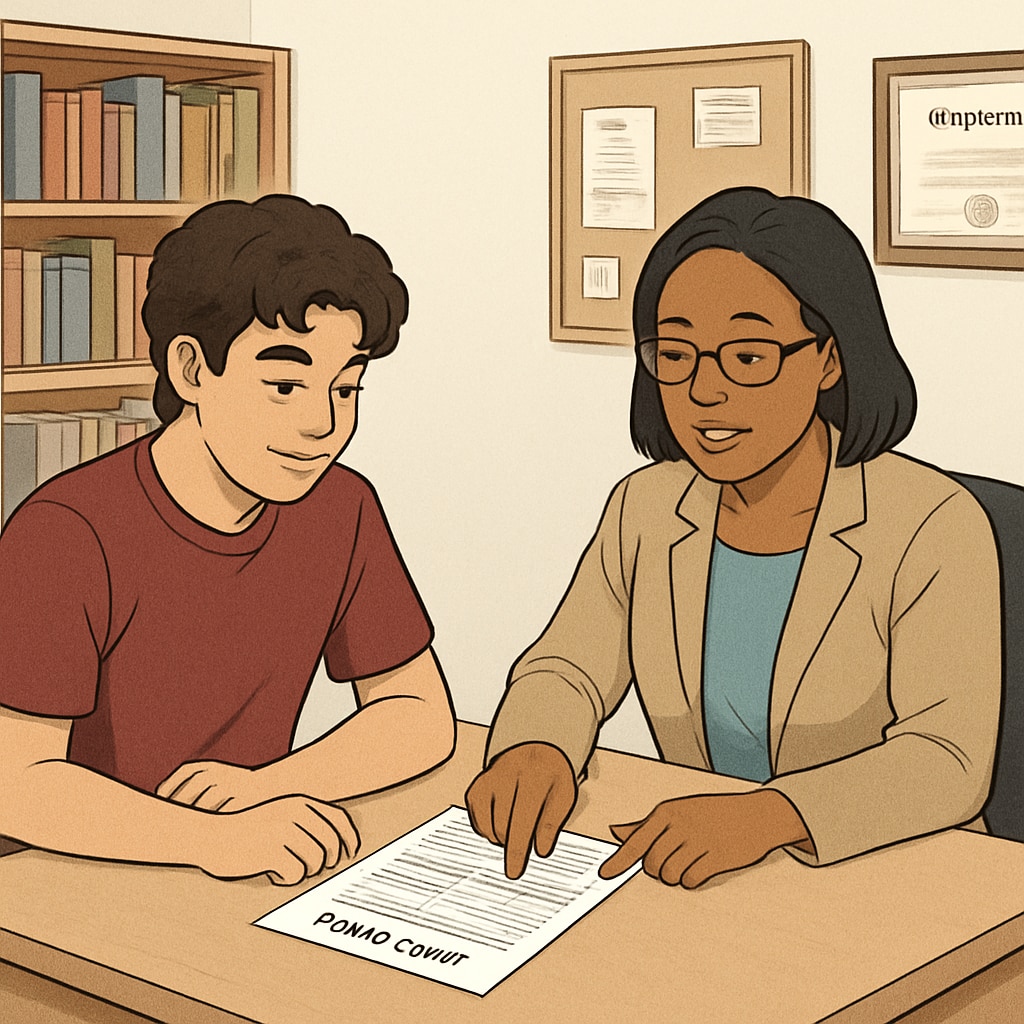Struggling with credits deficiency in high school can feel overwhelming, especially when the clock is ticking towards graduation. However, with a clear plan, alternative ways to earn credits, and a determined attitude, students can recover academically and graduate within the remaining two years. This guide outlines practical steps to help students facing this challenge navigate their high school journey successfully.
Assessing the Situation: Understanding Credits Deficiency
The first step in tackling credits deficiency is understanding the scope of the problem. Review your transcript and identify which courses and credits you’ve missed. Consult with your school counselor to determine the minimum requirements for graduation and create a clear roadmap of what needs to be achieved.
In addition, take note of any patterns in your academic struggles. Were you falling behind due to external factors, such as health issues or family problems, or internal ones, like time management or study habits? Identifying these obstacles will help you avoid repeating mistakes.

Exploring Credit Recovery Options
High schools often offer several options for students to recover lost credits. These may include:
- Summer School: Enroll in summer courses to make up for missed classes and accelerate your progress.
- Online Classes: Many schools partner with virtual platforms to offer flexible online courses that fit students’ schedules.
- Independent Study: For motivated students, independent study allows you to complete coursework at your own pace under supervision.
- Community College Classes: Some high schools allow students to take dual enrollment courses to earn both high school and college credits simultaneously.
Be sure to confirm with your school which options are available and which will count towards graduation requirements. Diversifying your credit recovery methods can make the process more manageable.

Prioritizing Time Management and Study Skills
Once your credit recovery plan is in place, effective time management and study habits become crucial. Create a weekly schedule that allocates time for studying, homework, and extracurricular activities. Use tools like planners or digital apps to keep track of deadlines and assignments.
In addition, adopt study techniques that boost retention and comprehension, such as:
- Breaking tasks into smaller, manageable chunks.
- Using flashcards for memorization.
- Practicing active recall and self-testing.
- Setting specific goals for each study session.
These strategies will ensure that your efforts are efficient and focused, helping you stay on track academically.
Building a Support System for Motivation
Facing credits deficiency can be emotionally draining, so building a strong support system is essential. Surround yourself with family, friends, teachers, and counselors who encourage and assist you. Don’t hesitate to reach out for help when needed—it’s a sign of strength, not weakness.
Participating in school activities, clubs, or sports can also provide a sense of belonging and boost your motivation. Feeling connected to your school community can make the journey toward graduation more fulfilling.
The Importance of Staying Positive
Recovering from credits deficiency is challenging, but maintaining a positive mindset can make all the difference. Focus on progress rather than perfection, and celebrate small victories along the way. Remember, the skills you’re developing—such as resilience, time management, and determination—will benefit you far beyond high school.
As a result, overcoming this obstacle can become an empowering experience that prepares you for future academic and professional success.
Graduation is Within Reach: Taking Action Now
While credits deficiency in high school may seem like an insurmountable hurdle, it is entirely possible to recover and graduate on time with the right approach. By assessing your situation, exploring recovery options, improving your study habits, and building a support network, you can turn this challenge into a stepping stone for growth.
Take action today, and remember: your determination and effort will pave the way for a brighter future. Graduation is not just a goal—it’s an achievement waiting for you.
Helpful Resources: For more information on credit recovery programs, visit Credit Recovery on Wikipedia or High School Education on Britannica.


